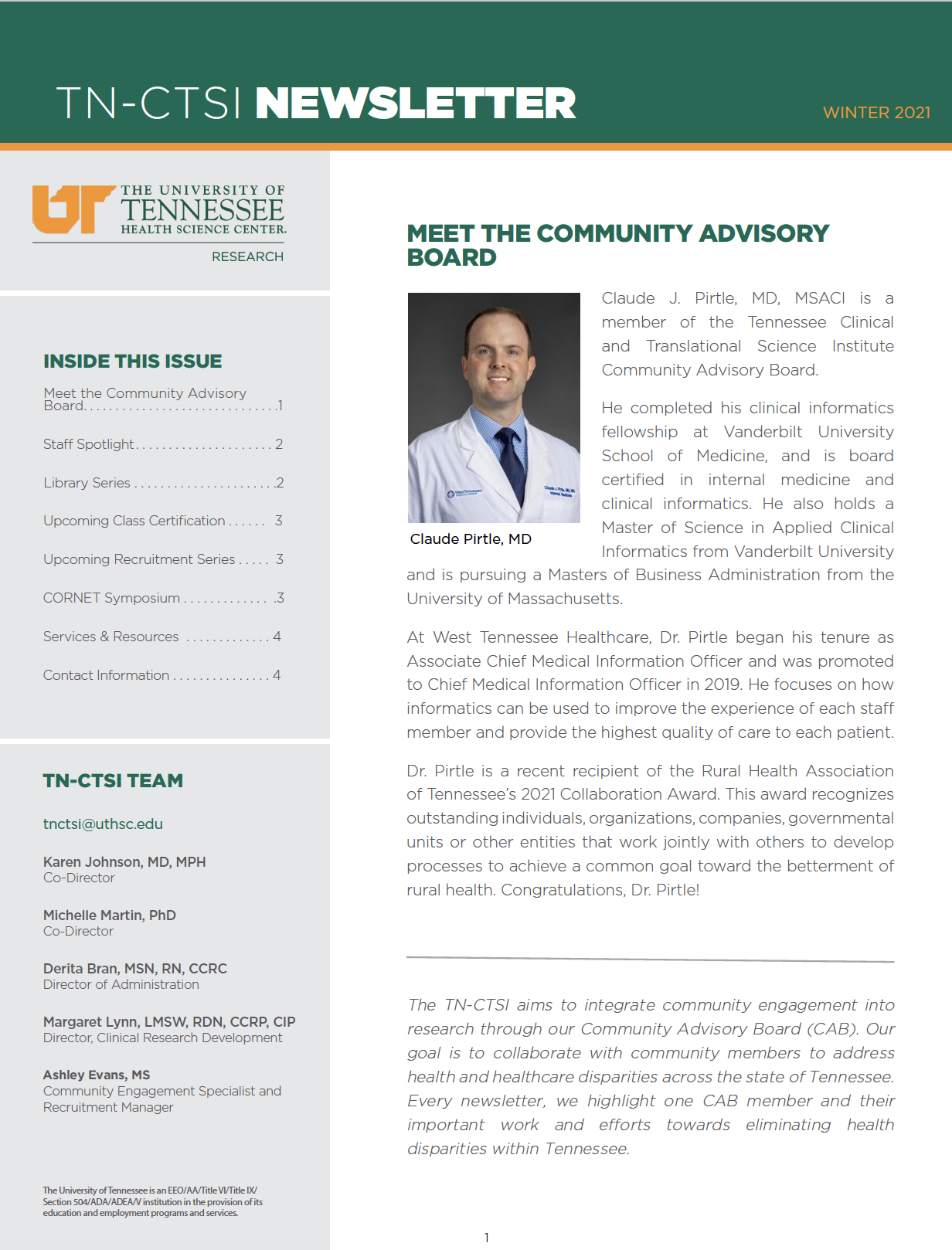More than half a century of research in theoretical computer science has brought us a great wealth of advanced algorithmic techniques. These techniques can be combined in a variety of ways to provide us with sophisticated, often beautifully elegant algorithms. This diversity of methods is truly stimulating and intellectually satisfying. But is it also necessary?
In this talk, I will address this question by discussing one of the most, if not the most, fundamental continuous optimization technique: the gradient descent method. I will describe how this method can be applied, sometimes in a quite surprising manner, to a number of classical algorithmic tasks, such as the maximum flow problem, the bipartite matching problem, and the k-server problem, as well as matrix scaling and balancing. The resulting perspective will provide us with a broad, unifying view on this diverse set of problems. It also turned out to be key to making the first progress in decades on each one of these problems.


